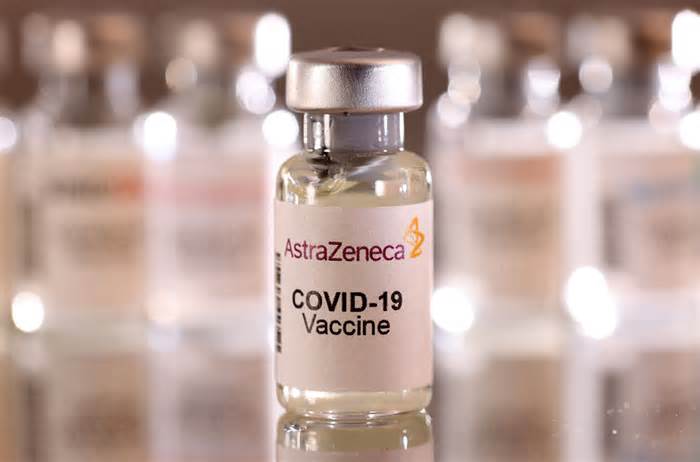“It is accepted that the AZ vaccine can, in very rare cases, produce TTS. “
On Tuesday, April 30, 2024, the Anglo-Swedish multinational pharmaceutical and biotechnology company AstraZeneca, the main manufacturer of the COVID-19 vaccine, which has been administered to millions of people around the world, specifically in India, admitted for the first time in court that its vaccine, sold internationally under the brands Covishield and Vaxzevria, among others, can cause a rare and fatal side effect: thrombosis with thrombocytopenia syndrome (TTS).
What is the new controversy?
“It has been identified that the AZ vaccine can, in very rare cases, cause TTS. The causal mechanism is known,” he stated.
However, newspapers also state that even in the absence of vaccination, TTS can occur, and expert testimony is needed to determine the causal relationship in each individual case.
The Cambridge-based company is now facing a class-action lawsuit, alleging serious harm and death from its vaccine.
What is TTS?
TTS causes blood clots related to low platelet levels (thrombocytopenia) to form.
The disease usually presents as blood clots in places such as the brain (cerebral venous sinus thrombosis) or abdomen, as well as a low platelet count.
Symptoms of TTS include, but are not limited to, severe headaches, blurred vision, speech, chest pain, abdominal pain, shortness of breath, and swelling in the legs.
TTS is thought to be the result of an immune reaction triggered by the adenovirus vector used in vaccines, which activates platelets and forms blood clots.
What is the AstraZeneca COVID-19 vaccine?
It came about thanks to a collaboration between the University of Oxford and the Anglo-Swedish pharmaceutical company AstraZeneca.
India’s role in the development of the AstraZeneca vaccine
The vaccine works by using a weakened version of a target virus (adenovirus) discovered in chimpanzees, modified to produce the gene for a protein of the SARS-CoV-2 virus.
Once injected, the vaccine activates the human immune formula to produce antibodies and activate T cells to fight the virus if the user is subsequently exposed to it.
Distribution of Covishield in India
What were the effects of Covishield?
Commonly reported effects after receiving the vaccine were discomfort at the injection site, malaise, fatigue, fever, headache, joint or muscle pain, swelling, among others.
Where is the vaccine prohibited?
European countries, in addition to Germany, France, Italy and Spain, also suspended administration of the AstraZeneca COVID-19 vaccine in 2021 after several cases of blood clots were reported in patients who received the vaccine.
Canada, Sweden, Latvia and Slovenia joined the league in banning the use of the vaccine for the year.
The vaccine has been banned in Australia, Indonesia and Malaysia.
Presentation of the report: Ashish Narsale/Rediff. com

